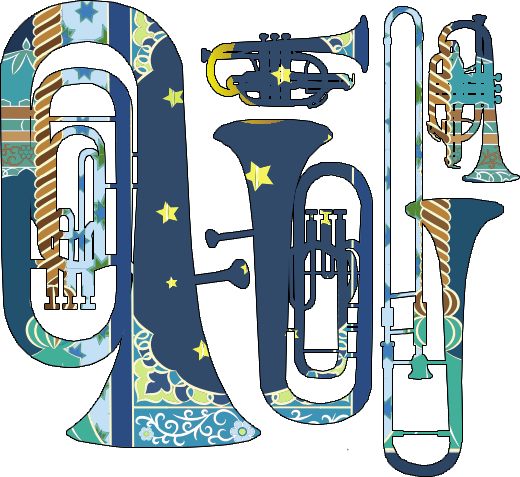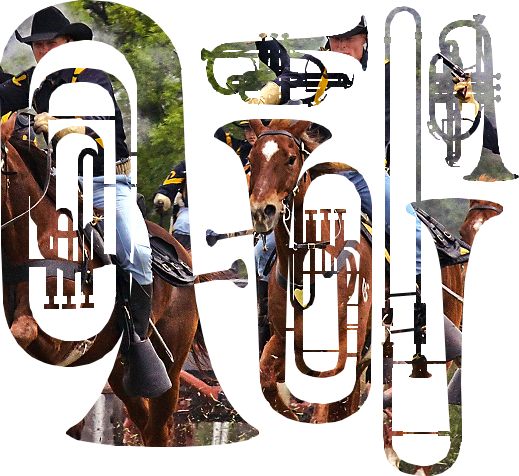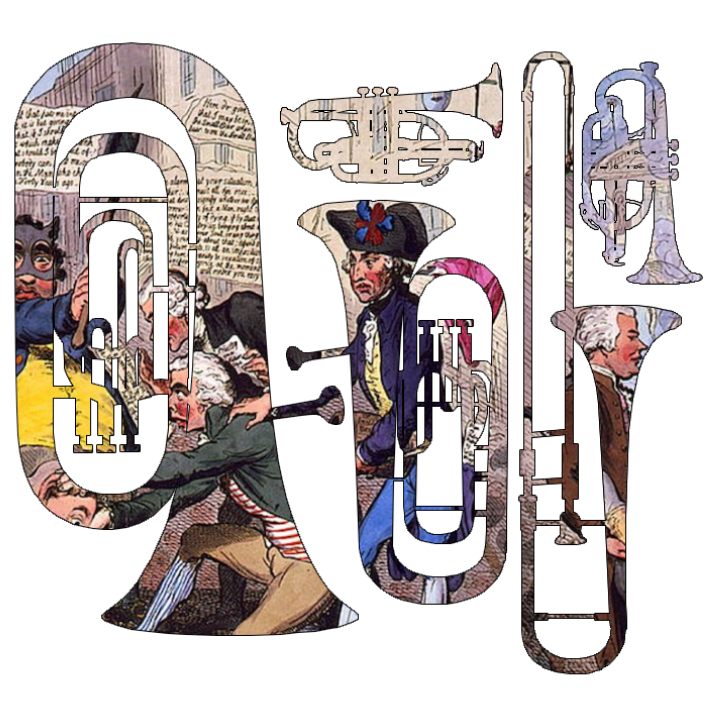Results
-

I See the Fatherland | Dario Salvi
Dario Salvi has reconstructed Franz von Suppes operetta 'Die Afrikareise' (A Trip to Africa) in a ground breaking project with Winsconsin University and the Strauss Society, which will see the operetta being performed in English for the first time in 100 years. This march for Brass Band brings together themes from the operetta under the title 'I See the Fatherland'[su_quote cite="Dario Salvi 2015]After almost two years of work on the score of the Operetta, during which I extensively worked on preparing a full orchestral score with all the singing parts in English, it is almost time to stage the work. The music from 'A Trip To Africa' is full of amazing melodies and interesting ideas. This march for Brass Band is a collection of some of the themes from the Operetta: The "Entrance of Titania" Fanfare leads to one of the most recurring themes, where the singer declares their desire to go back to their Fatherland (in this case Naples) after their visit to the very exotic Cairo; the starting point of their adventure into the heart of the Desert. Exotic sounding yet very Viennese rhythms are the main characteristic of this march. [/su_quote] Instrumentation: Soprano, Solo, 2nd and 3rd Cornets Flugelhorn Solo, 1st and 2nd Tenor Horns 1st and 2nd Baritone 1st, 2nd and Bass Trombones Euphonium Eb and Bb Basses Percussion: 1. Snare Drum 2. Bass Drum, Cymbal, Triangle
-

Dardanella | Bernard & Black arr. Dario Salvi
'Oh Sweet Dardanella, I love your harem eyes. I'm a lucky fellow, to capture such a prize'Dardanella was written in 1919 and became one of the most popular songs of the 1920's selling 13 million copies, going on to become a huge jazz standard covered by the likes of Louis Armstrong and Bing Crosby amongst others.This arrangement for Brass Band by Dario Salvi takes us back to the most famous version of 1920 sung by Vernon Dalhart and Gladys Rice, where the opening calls to mind the sounds of a fairground.Dario's arrangement moves between styles with an almost clockwork sound at one point changing to laid back swing beat at another, all supporting this cheerful melody. An excellent programme filler.Instrumentation:Soprano, Solo, Repiano, 2nd and 3rd CornetsFlugelhornSolo, 1st and 2nd Tenor Horns1st and 2nd Baritone1st, 2nd and Bass TromboneSolo and 2nd EuphoniumEb and Bb BassesPercussion parts:Drum KitXylophoneISMN: 979-0-708127-87-1
-

Cavalry Soldier March | Baritone Feature | Dario Salvi
A lively opening march by J.O.Brockenshire featuring the baritone section, arranged by Dario Salvi. The Cavalry Soldier March allows the baritones a chance to step forward and show off their dexterity. Often overshadowed by the euphoniums, this arrangement provides us with a nice change of tone. With support on the melody by flugelhorn The Cavalry Soldier will add to your 'March library' with something a bit different for your audience. Instrumentation: Soprano, Solo, Repiano, 2nd and 3rd Cornets Flugelhorn Solo, 1st and 2nd Tenor Horns 1st and 2nd Baritone 1st, 2nd and Bass Trombone Solo and 2nd Euphonium Eb and Bb Basses Drum Kit ISMN: 979-0-708127-88-8
-

Die Politik | Euphonium & Baritone Duet | Richard Genee arr. Dario Salvi
Richard Genee, a highly skilled librettist, playwright and composer is one of the lesser known names in the Viennese repertoire, yet his work is justifiably famous. He is best known for his libretto of Die Fledermaus, Johann Strauss II's most famous operetta, but also wrote many pieces of music in his own right, including the 1876 operetta 'Der Seerkadet'. Die Politik, subtitled: 'Politics requires Wisdom and Skill' was originally a comic duet for two male voices, discovered by Dario Salvi in the US Library of Congress, and arranged here for Euphonium and Baritone Duet with Brass Band.
-

The Marriage Proposal | Soprano Cornet & Trombone Feature | Richard Genee arr Dario Salvi
Richard Genee, a highly skilled librettist, playwright and composer is one of the lesser known names in the Viennese repertoire, yet his work is justifiably famous. He is best known for his libretto of Die Fledermaus, Johann Strauss II's most famous operetta, but also wrote many pieces of music in his own right, including the 1876 operetta 'Der Seerkadet'.Das Engagements, or The Marriage Proposal was discovered by Dario Salvi in the US Library of Congress, and arranged for Brass Band as a Soprano Cornet and Trombone Feature.
